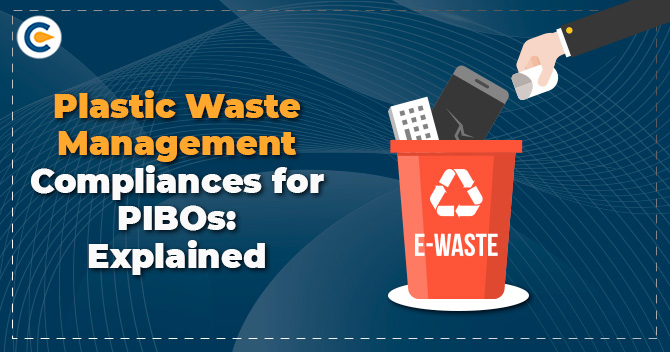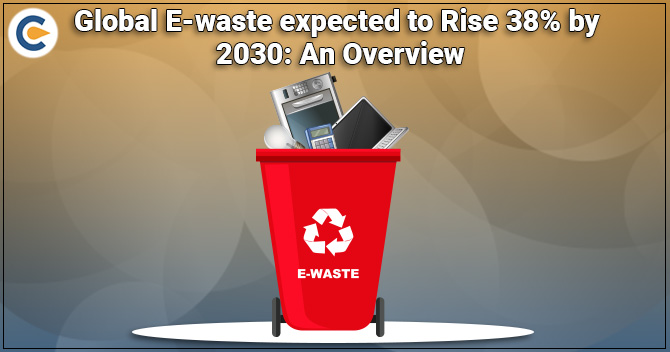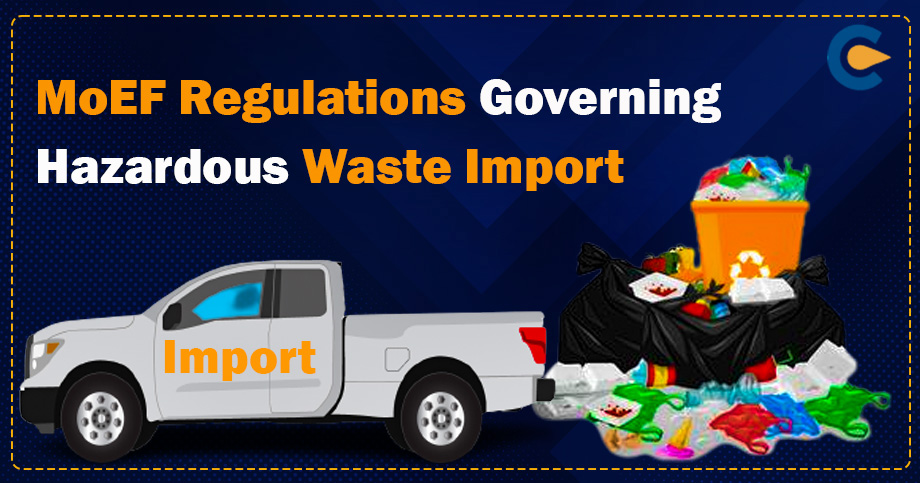Plastic Waste Management rules seek to curb the waste generation coming from single used plastic. For this reason, said rules have underpinned various compliances for PIBOs, i.e. Producer, Importer, and Brand Owners. This article seeks to discuss plastic waste management compliances in detail.
Reasons for Enacting the Plastic Waste Management rules in India
For years the Indian government has been combating surging post-consumer plastic waste. After several failed attempts to reduce plastic waste generation, the government finally came up with Plastic Waste Management rules that seek to;
- Entrust PIBOs with responsibilities to ensure comprehensive screening and handling of plastic waste in an eco-friendly manner
- Facilitate a tangible framework to PIBOs under EPR for plastic waste accumulation
- Implement and amend waste collection targets from time to time
- Instil complete transparency on account of how plastic waste is procured, transported, processing, stored and finally disposed of
- Strengthen the weak links within the supply chain of plastic wastes coming from consumer’s end
- Penalized those who are liable for causing environmental hazards and patch loopholes to ensure effective waste management
Plastic Waste Management Compliances for PIBOs
Every producer should avail authorization from the respective SPCB via form 1 in order to get registered under Plastic waste management rules. While applying for such authorization, they need to facilitate certain fundamental documents, including firm registration, EPR action plan, and contract with the collection center.
Compliances of waste generators under PWM rules
- The waste generator shall take apt measures to reduce the generation of plastic waste and sort such waste at the source as per the Solid Waste Management Rules, 2000[1].
- The waste generator shall avoid littering the plastic waste and ensure sorted storage of waste at source & channelized sorted waste to a local urban agency or gram panchayat or registered waste pickers’, recyclers, or waste collection units.
- Institutional plastic waste generators shall sort and store the waste generated by them as per the Municipal Solid Waste (Management and Handling) Rules, 2000 prompted via S.O 908(E) dated 25/09/2000 under the Act from time to time and channelize sorted wastes to certified waste treatment or disposal units either on its own or via the certified waste collection unit.
- All waste generators must pay prescribed charges of the local body for plastic waste management.
- Every person liable for arranging an event in open space, which entails service of food items in plastic shall segregate and manage the waste generated during such events as per the Municipal Solid Waste (Management and Handling) Rules, 2000
Plastic Waste Management compliances for PIBOs and waste generators
- The producers, within six months from the publication date of these rules, shall underpin modalities for waste accumulation system based on EPR and involving State Urban Development Departments, either solely or collectively, via their distribution channel or via the local body concerned.
- Fundamental obligation for accumulation of used multilayered plastic sachet or pouches is of PIBOS who release their offering in the marketplace. They need to set up a system for gathering the plastic-based waste generated owing to their products. This plan has to be shared with SPCB while applying for CTE or CTO or renewal.
- The brand owners whose consent has been renewed prior to the release of these rules shall furnish such a plan within one year from the release date of such rules & with two years thereafter.
- Production and utilization of non-recyclable multilayered plastic must be phased out in two years’ time.
- The manufacturer, within three months period from the final release of such rules via Official Gazette, shall apply to the SPCB or the SPCB for the grant of registration.
- No producer shall on and after the lapse of six months from the date of the final release of such rules manufacture or use any plastic or manufacture or use any plastic or without registration.
- Every producer is obligated to maintain the records of individuals dealing with the supply of plastic-based raw material to produce plastic sheets or carry bags or multilayered packaging
Plastic Waste Management Compliances for plastic materials
Evaluation of the degree of disintegration and degree of degradability of plastic material shall be according to the protocols of IS, i.e. Indian standard cited in Schedule-I to these rules.
Plastic Waste Management Compliances for Marking or labeling
Each plastic carry bag, as well as multilayered packaging, shall have the given details printed in English
- Name, manufacturer’s registration no. and thickness in case of carrying bag
- Manufacturer’s registration no. and in case of multilayered packaging
- Name and certificate no. as per rule 4(h) in case of carrying bags produce from the compostable plastic.
Conclusion
Plastic Waste generators, whether it is producers, brand owners, or importers, are obligated to comply with SPCB’s norms and guidelines to minimize environmental hazards. Through the implementation of various compliances, CPCB seeks to reduce plastic waste generation across the country and keep its consumption as low as possible. CPCB is also taking measures to mitigate the environmental crisis caused by plastic waste by shifting PIBOs towards a circular economy.
Read our Article:Role and Duties of PRO under EWM Rules











